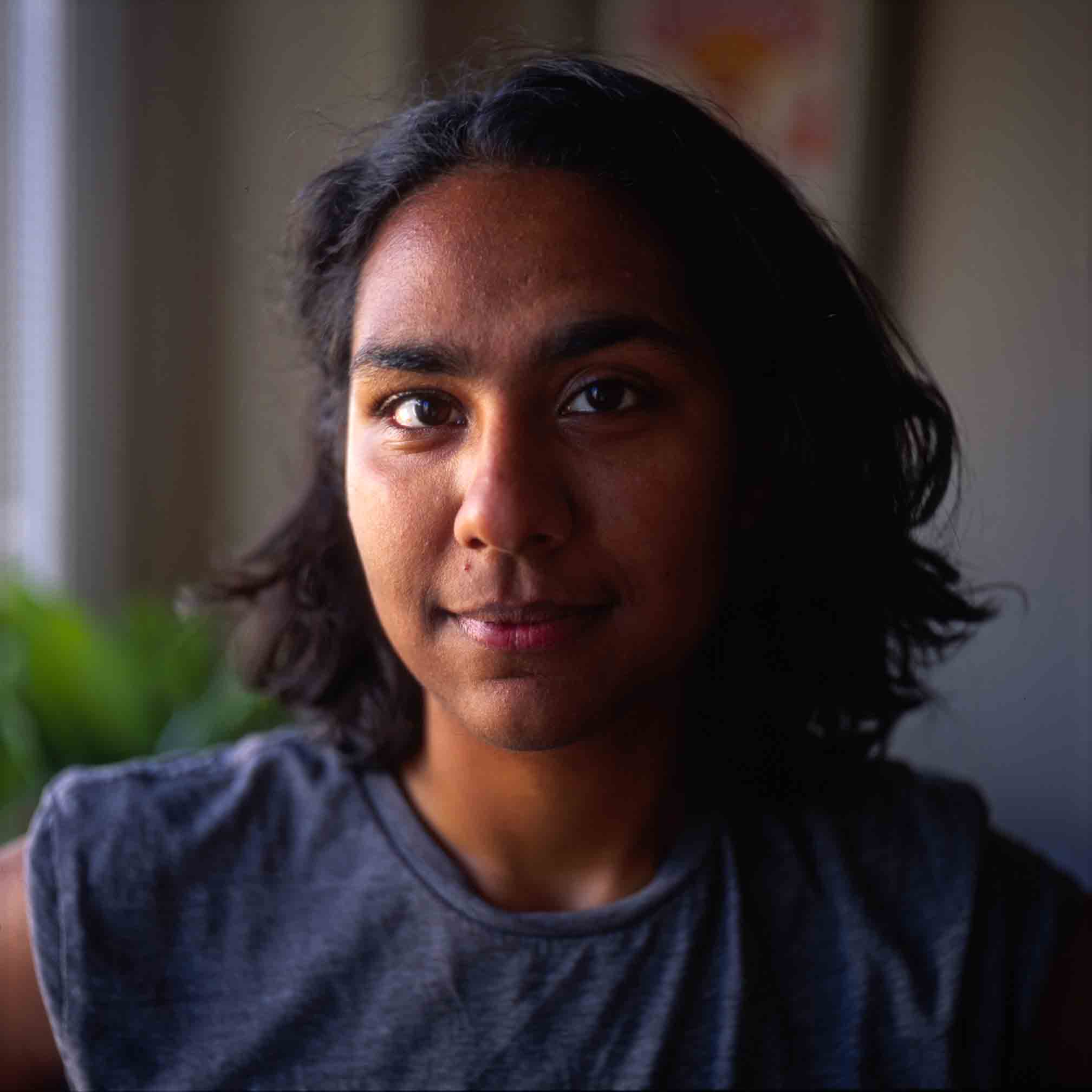Short Story GoldShruti Swamy ’07 Receives Her Second O. Henry Award
Short Story GoldShruti Swamy ’07 Receives Her Second O. Henry Award
Shruti Swamy ’07 has a sweet spot for the short story. In fact, she just received her second consecutive O. Henry Award—an annual prize for the 20 best short stories in the United States and Canada.

Swamy’s latest winning work, “Night Garden,” tells the tale of a day-long standoff between a cobra and a dog in a garden, while the dog’s owner frets and calls others for advice. Originally appearing in the literary magazine Prairie Schooner, “Night Garden” will now join the other 19 stories in The O. Henry Prize Stories 2017.
Though it’s her second award, Swamy says she’s still amazed she won. Unlike the rules of many prizes, the O. Henry Award only accepts entire journals—not individual stories—as submissions. The judges then read through the publications, identifying the best 20 stories for the award. That means the authors often don’t know their short stories have been submitted.
“You get an email out of the ether saying you won this thing you had no idea you were even being considered for. It was a really tremendous and kind of stunning thing that’s happened twice now.”
“Night Garden” was written five years ago and was rejected by multiple journals, but nearly two years ago, Swamy took the story out of a drawer and submitted it again—this time, she was successful.
The winner of Vassar’s W.K. Rose Fellowship in 2012, Swamy has published several short stories, including “Black Dog,” “Fields of Light,” “The Laughter Artist,” “The Siege,” and “A Simple Composition,” the last of which won her the 2016 O. Henry Award.
To support her writing over the years, Swamy—who’s based in San Francisco—has worn many hats, from freelance copyeditor and SAT tutor to tech industry public relations rep and creative writing teacher. But she always kept her writing in the forefront, working on stories, researching topics, and trying to get her work published.
Her current project is her first novel, which she began in 2014. Set in the late ’60s/early ’70s in Bombay, it’s a coming-of-age story about a young girl who loses her mother early in her life and faces challenges later because of that loss.
“I started with some biographical details that my mom had shared with me from stories of her childhood—that really sparked something in me,” Swamy says. “I was really interested in exploring it through my own fictional lens and through my own imagination.”
Writing the novel is a challenge, she says, especially because she’s writing about a time and place that isn’t her own. There has been plenty of research, including many talks with her parents, who grew up in India during that era, Swamy says. Another resource—a coffee table book from her childhood about the city of Bombay—even had a picture of the apartment complex her mother lived in as a child and a photo of her grandparents.
“I stole the book from my parents’ house and I look at it all the time. It’s something that just really helped open that world to me,” Swamy says.
These days, Swamy is in the midst of writing and reworking the novel, but she keeps a running list of story ideas in a notebook. In between writing, she says, she often reads or just listens, looking for inspiration.
“I’m always watching and looking for things. Living in a city is such a gift, because you’re always encountering things that you weren’t expecting,” Swamy says.